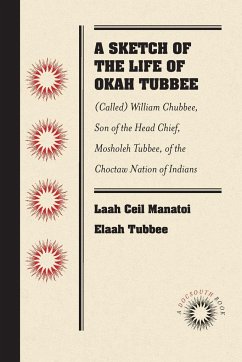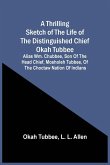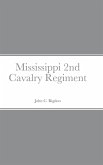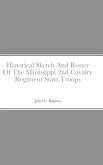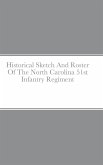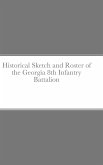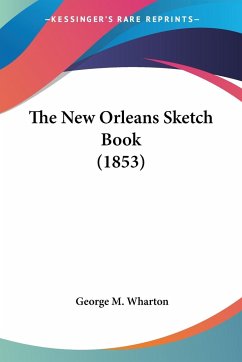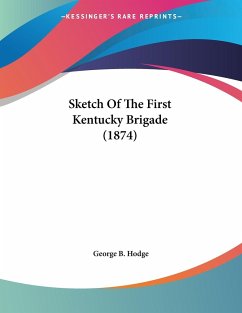A Sketch of the Life of Okah Tubbee, published in 1852, begins with testimonials regarding Okah Tubbee's flute-playing abilities and with a lightly edited version of Lewis Allen's "Essay Upon the Indian Character" from the earlier edition of Tubbee's narrative, as well as the so-called Indian Covenant "between the Six Nations and the Choctaws." Tubbee's narrative begins with brief recollections of his father and Tubbee's childhood with his "unnatural mother." Tubbee's visit to Choctaw Indians in Alexandria is described before his apprenticeship to the cruel blacksmith Mr. Russell, and his subsequent apprenticeship to Dr. A.P. Merrill, leading to his desire to become an "Indian Doctor." Tubbee's details his travels and voyages by steamboat, first as a musician with the Louisiana Volunteers and later on his own. Towards the end of his narrative, Tubbee expresses a desire to let his wife, Laah Ceil, speak for herself. In this final, additional section, Laah Ceil describes her birth, her education, her Christian convictions, and the manner in which she met and married Tubbee. She also recounts their travels together and their advocacy "in behalf of the Indians" and against forced relocation. The Sketch concludes with an original poem by Laah Ceil and a collection of letters, documents, and vouchers attesting to Okah Tubbee's identity and his medical skill. A DOCSOUTH BOOK. This collaboration between UNC Press and the University of North Carolina at Chapel Hill Library brings classic works from the digital library of Documenting the American South back into print. DocSouth Books uses the latest digital technologies to make these works available in paperback and e-book formats. Each book contains a short summary and is otherwise unaltered from the original publication. DocSouth Books provide affordable and easily accessible editions to a new generation of scholars, students, and general readers.
Hinweis: Dieser Artikel kann nur an eine deutsche Lieferadresse ausgeliefert werden.
Hinweis: Dieser Artikel kann nur an eine deutsche Lieferadresse ausgeliefert werden.

